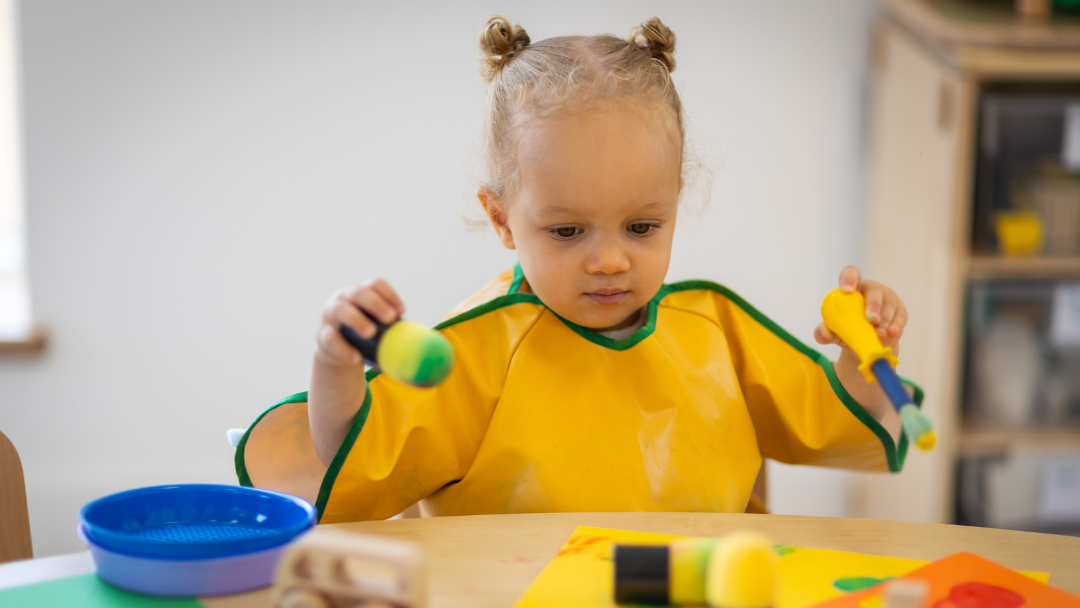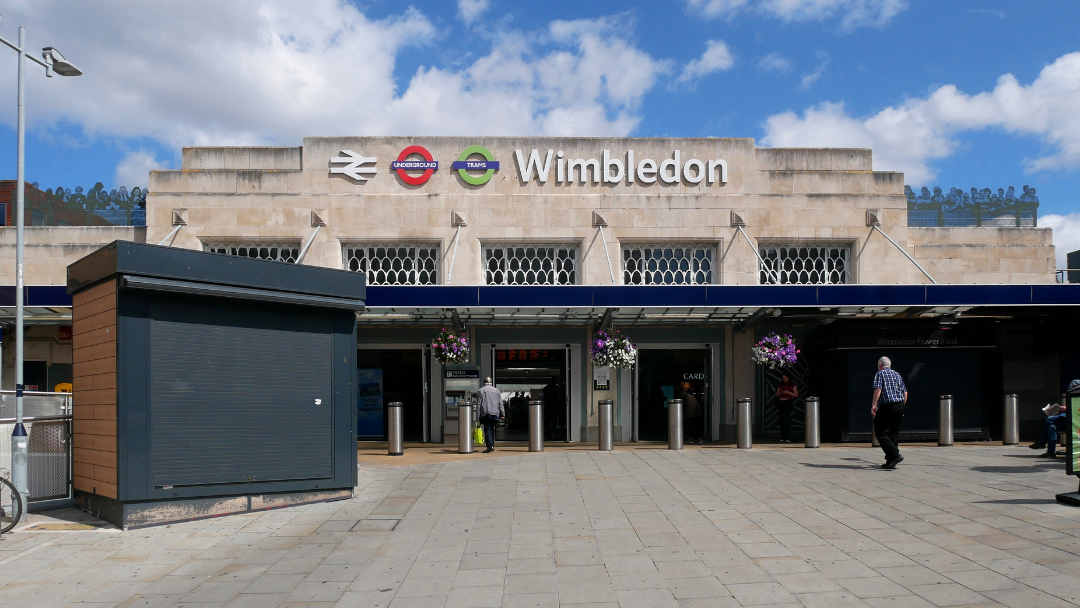It's the time of the year when parents across the country are beginning to prepare their children for school. This isn't the most relaxing of times as you begin to swap blankets for backpacks and bottles for lunch boxes as you begin to wonder just where did the time go. But how do you know when your little one is ready for school?
The transition from nursery to school is just as important as your child's settling into nursery which is why our education team have created a bespoke school readiness guide that is incorporated within our preschool rooms. This school readiness checklist is to help you understand what to keep an eye out for as your child begins their transition.
It's important to note that this is not a definitive checklist that your child must be able to complete in order to be ready for school. This is a guide and it's okay if they can't complete every single item on the list. After all, children develop at different speeds during early childhood education.
Common Misconceptions
First of all, we'd like to clear up some common misconceptions that you may have heard leading up to the beginning of school.
Children should know how to write their name/ hold a pencil correctly
Not all children are physically or developmentally ready to hold a pencil at this age and it's more important that your child can recognise their name. If your child can write or copy their own name, it's encouraged that this is done with upper and lower case letters to encourage literacy skills.
Children should have started to learn to read
As a parent, it's easy to worry about your child's reading skills but it's important to note that your child may not be ready for this before starting school. It's important to focus on all language components; reading, listening, verbal, and writing as a whole. The biggest indicator of these skills before starting school is a child's ability to understand and hold conversations.
My child must be able to tie their shoes, put on their coat, and go to the toilet independently
Children are encouraged to learn self-independence in care routines, such as going to the toilet and getting dressed but it's important to note that this is not a requirement for school readiness.

School Readiness Checklist
This is a checklist that may be helpful when your child is getting ready for school. It's important to remember that it's not crucial for your child to be able to do all of the things listed below, we all have different strengths and all develop at different rates and your school will not be judging your child on these. They're simply things that teachers have fed back to us as being helpful for children to know.
These are the types of things we encourage children to learn in our nurseries as part of our school readiness program and it may be helpful for you to practice at home before your child starts school.
Eating and Drinking
- Your child is able to use cutlery
- Your child is able to carry a tray
- Your child is able to open packed lunch, including wrappers and packaging
Getting dressed
- Your child is able to do buttons and zips
- Your child is able to put on socks, shoes and a coat
- Your child can change in and out of PE kit
Self Care
- Your child is able to wipe their own nose
- Your child can use the toilet independently
- Your child is able to flush the toilet
- Your child can wash and dry hands

Independence Skills
- Your child feels excited about starting school
- Your child feels confident to spend time away from main carers
- Your child is able to recognise and look after their own belongings
Sharing and taking turns
- Your child is able to play cooperatively with others
- Your child can play turn-taking games
- Your child enjoys interacting with other children
Speaking and Literacy
- Your child enjoys stories and talking about the pictures in the book
- Your child is able to speak about own self and answer questions
- Your child recognises their own name in print
Listening and Understanding
- Your child is able to sit still for short periods
- Your child is able to follow instructions
- Your child understands simple rules
Writing Skills
- Your child enjoys making marks
- Your child can trace patterns
- Your child has good fine motor skills and is able to practice holding a pencil and writing their own name

Counting skills
- Your child can learn different number rhymes
- Your child can practise counting objects
- Your child is able to recognise some numbers
Routines
- Your child has good bedtime routines
- Your child can practise waking up on time ready for school
- Practise the journey the school at the correct time
The importance of school readiness
Getting ready for school is a big change in a little person's life. The Reception classes in school still incorporate the Early Years Foundation Stage (EYFS) but there's a more formal element to it as children may be presumed to be more independent, resilient and social. This is why it's important to build children's confidence and self-esteem to give them the tools they'll need to be ready for school.
Parents and School Readiness
There are many things that you can encourage at home to help your child's school readiness. Not only is your partnership with your nursery very important during this time, but a good home learning environment can help set your little one up ready for school.
" A good quality home learning environment contributes more to children’s intellectual and social development than parental occupation, education or income. Providing an enriched home learning environment enables children to build up important relationships with their parents, builds confidence and gives them the necessary building blocks for doing well in life. This is especially important when preparing children to start school ready to learn." (Department of Education, Sylva, K, The Effective Provision of pre-school (EPPE) project: findings from pre-school to end of KS1, 2004) Tweet

Fennies School Readiness program
A nursery with a good school readiness programme is important and something we recommend looking into from as early as choosing a nursery for your child. But what makes a good school readiness programme?
Our Education Advisor Ruth Mottram has shared a school readiness checklist that we incorporate within our preschool rooms at Fennies:
- Children are provided with opportunities to stretch and challenge
- We have links from the nursery to local schools, for example, teachers are invited to meet the children at the nursery before they start school
- Stories and discussions about starting school are great for school readiness
- Support for parents from the Nursery Manager about where to apply and information about application dates
- Children with additional educational needs and their parents are supported by the nursery team throughout the transition
FAQ
Subscribe to our newsletter
Stay up to date with Fennies news

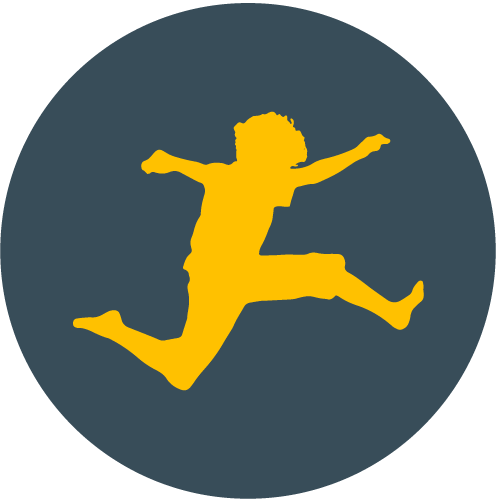

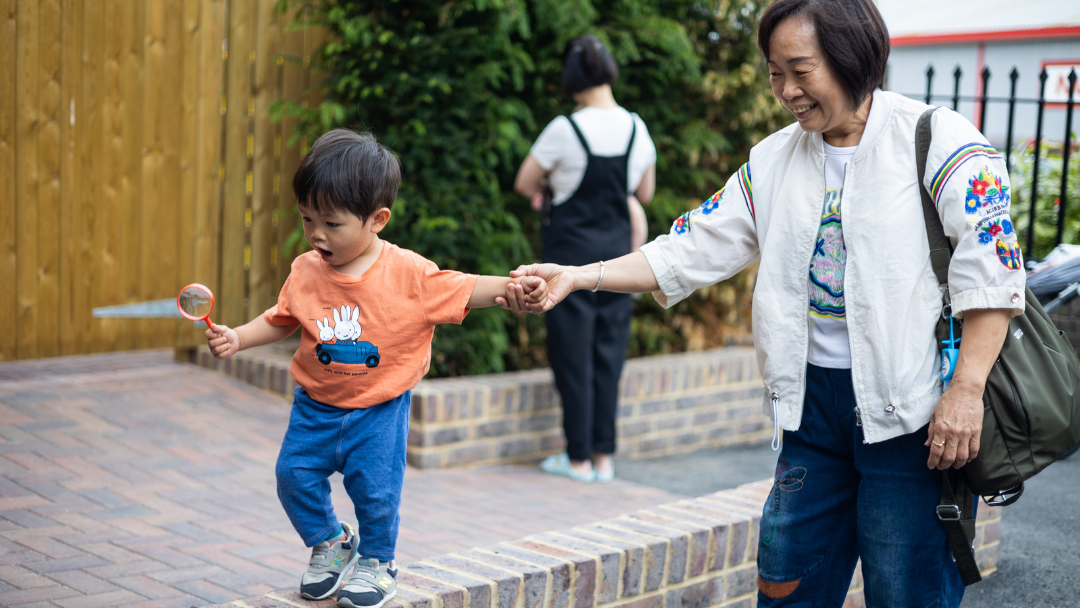

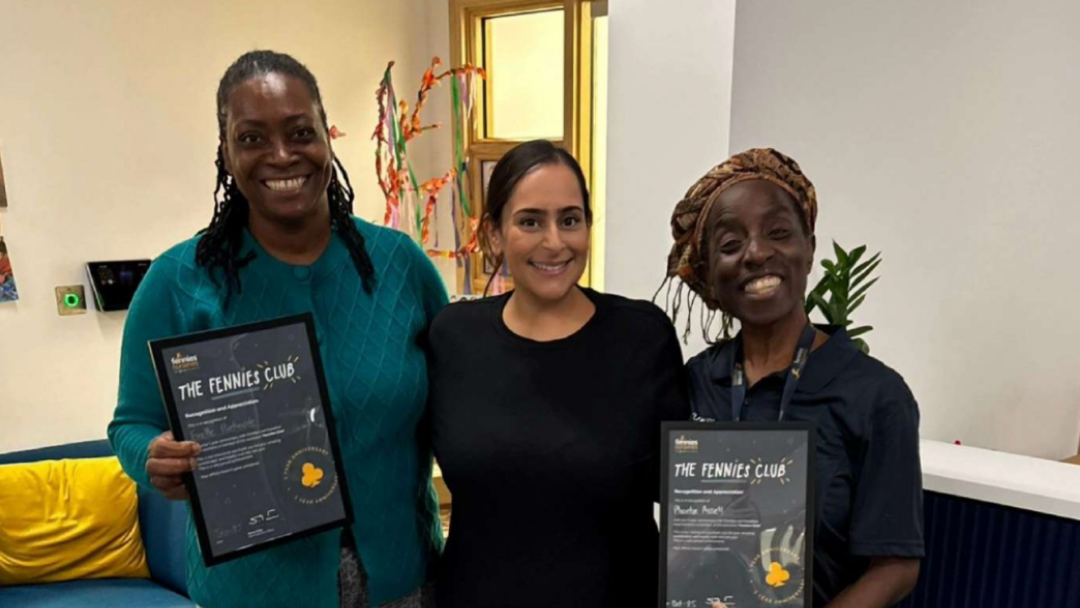
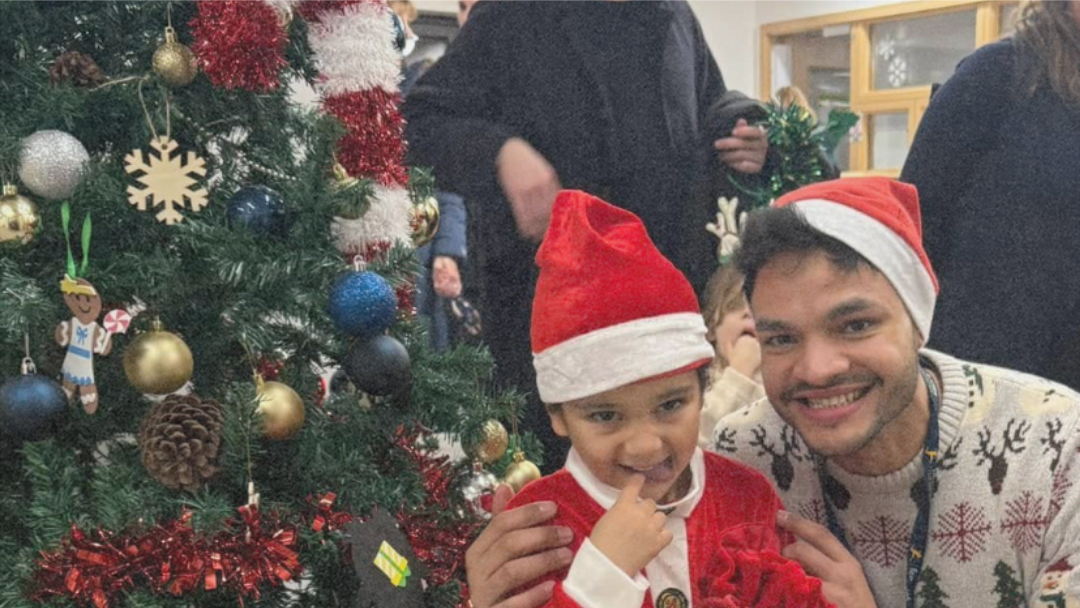
.png)
